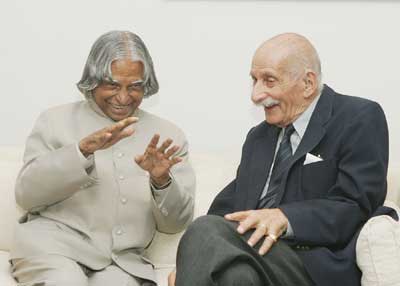[I/O] What will you regret?
___________________________________________________________________
In your experience, what are the biggest regrets people have at the end of their careers? What do people wish they had learned sooner?
Marshall responds “
…..
My friend John Izzo is the author of a great new book-The Five Secrets You Must Discover before You Die. The book is based on 250 interviews he conducted with people from age 59-106 asking them to reflect back on their lives and careers. Though the people he interviewed ranged from a town barber to successful CEOs, the themes that emerged were clear. Here is some of what he learned about regrets and the things we wished we had learned sooner.
The first thing he learned is that people don’t regret their failures and that most people wished they had risked more. Most of us go through our careers fearing failure, but Izzo discovered that trying and failing is something we can deal with. The happiest people felt they had pursued their dreams and stretched themselves in their lives and careers. So we are more likely to regret having not tried for a dream than to have failed at it. This is particularly interesting because most of us think failure is about the worst thing that can happen to us but it turns out that not trying or playing it safe in our careers is what we should actually be worrying about.
….. each of us has an inner voice that is speaking to us. Those people whose inner voice was telling that they were sacrificing too much or not being true to themselves had deep regrets.
…..
The most important thing Izzo learned about the things we regret was the importance of being true to self. Many of those, I’ve interviewed looked back and felt they were too influenced by others’ opinions. They told me how absolutely critical it is to follow your own definition of success. Don’t take that promotion or job because someone tells you it’s the natural next step. Make to ask yourself if that is the step you want to take.
A final lesson from these people is that status and power aren’t what you will remember as you look back. Rather, most people said it was the things they gave and the people they mentored that give them satisfaction. The town barber put it plainly: “The money in your wallet is not the definition of your success but how many lives you touched.” Turns out that is one thing the barbers and the CEO’s agreed on.
________________________________________________________________
This is what life is all about. Having the courage to take the path less taken and risking. Heck, whats the fun in life without risk? Cheers!





